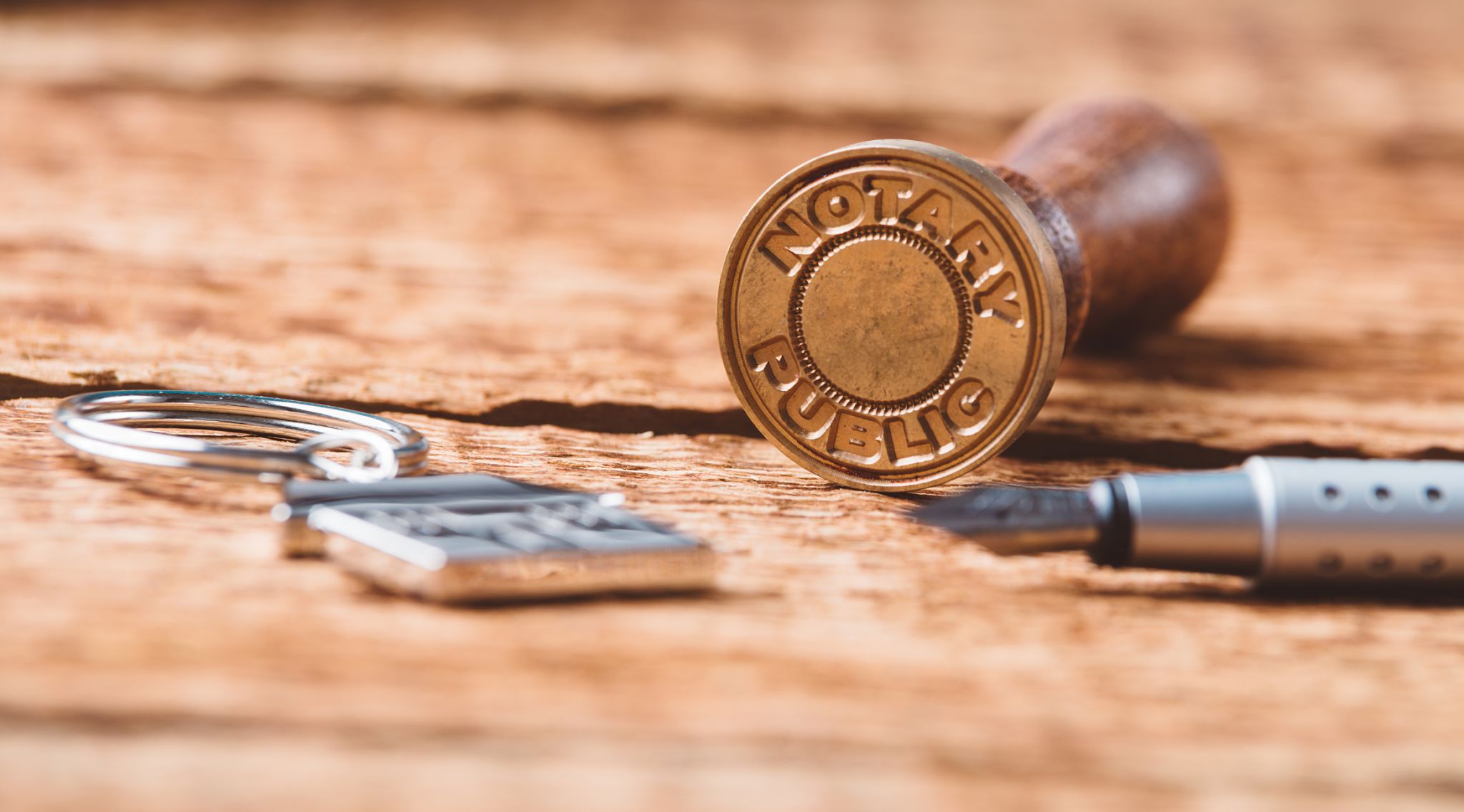How to Prepare for Notarization: A Step-by-Step Guide
Understanding the Importance of Notarization
Notarization is a crucial step in the authentication of documents, ensuring their legitimacy and protecting against fraud. Whether you're dealing with legal documents, financial agreements, or personal affidavits, preparing for notarization is essential. This guide will walk you through the necessary steps to ensure a smooth notarization process.

Gathering Required Documents
The first step in preparing for notarization is to gather all required documents. It’s important to have the original documents that need notarization, along with any copies that might be required. Double-check that you have all pages and that they are complete and intact.
Identifying the Documents
Identify the specific documents that require notarization. Common documents include wills, power of attorney, loan agreements, and property deeds. If you're uncertain about whether a document needs notarization, consult a legal professional for advice.
Ensuring Proper Identification
Proper identification is vital for the notarization process. Notaries will need to verify your identity to ensure that you are who you claim to be. Acceptable forms of ID typically include a driver’s license, passport, or government-issued ID card.

Checking ID Validity
Ensure that your identification is current and not expired. Outdated IDs might lead to delays or prevent the notarization from taking place. If your ID is nearing expiration, consider renewing it before your appointment with the notary.
Understanding Notary Requirements
Each notary may have specific requirements or preferences. It’s a good idea to contact the notary beforehand to understand what they expect. Some notaries may require you to bring witnesses, especially for documents like wills or power of attorney.
Clarifying Fees and Procedures
Inquire about the fees involved and any specific procedures that must be followed. Notary fees can vary depending on the type of document and location. Being informed will help you avoid surprises during the notarization process.

Preparing for the Appointment
Before heading to your notary appointment, review your documents thoroughly. Ensure all necessary information is filled out and that there are no blank spaces that might raise concerns. This preparation will help streamline the process and avoid unnecessary delays.
Organizing Your Documents
Organize your documents in a logical order to present them efficiently during your appointment. This not only helps the notary but also ensures you don’t miss any important documents that need attention.
Finalizing the Notarization Process
Once your documents have been notarized, ensure you store them safely. Notarized documents are often sensitive and should be kept in a secure place to prevent damage or loss. Digital copies can also be beneficial for backup purposes.
By following these steps, you can ensure a hassle-free notarization experience. Proper preparation and understanding of the process will save you time and ensure your documents are legally recognized.